The goal of research is to really make a difference. Yet in practice, the connection among scientific exploration and real-life impact could be tenuous. For example , when scientists discover a fresh health hazard, they might be pressured to suppress or misinterpret the results of their work. All who have vested passions in the status quo also typically undermine and challenge research that threatens their own preferred views of reality. For example , the bacteria theory of disease was a questionable idea among medical practitioners, however the evidence is too much to handle. Similarly, researchers who write findings mpgpress.com/tips-on-how-to-succeed-in-physics that issue with a particular business or perhaps political interest can encounter unreasonable critique or even censorship from the scientific community [2].
In the recent composition, Daniel Sarewitz calls for an end to the “mystification” of science and its unimpeachable seat near the top of society’s cultural structure. Instead, this individual argues, we should shift scientific discipline to be more focused upon solving sensible problems that have an effect on people’s lives. He shows that this will help to minimize the number of medical findings which might be deemed unreliable, inconclusive, or just plain incorrect.
In his book, The Science of Liberty, Broadbent writes that it is important for all individuals to have a grasp on the task by which research works for them to engage in vital thinking about the research and significance of different views. This includes finding out how to recognize each time a piece of research has been more than or underinterpreted and steering clear of the attraction to judge a manuscript by impractical standards.
